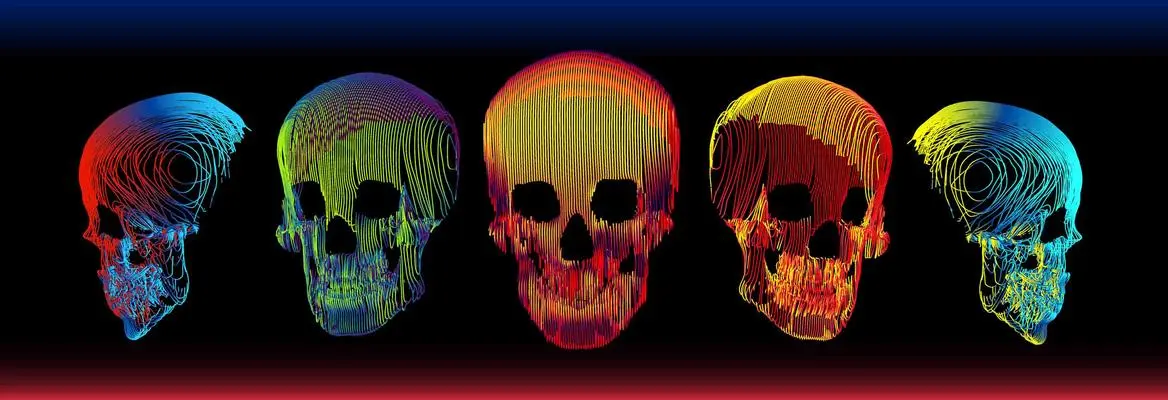In the dynamic culture of internet memes and group Whatsapp threads there are a conspicuous number of black faces. Used to convey a reaction or an emotion, black facial expressions, hand movements and ways of moving or resting, have become a way for people of all races to express themselves; a worldwide emotional currency. There is something troubling about this trend but the usual theories of ‘digital blackface’- based on cultural appropriation or the consumption of black bodies - are based on bad philosophy. At root, this phenomenon could be positive, but we must read the real messages behind these many faces, writes Nicholas Whittaker as part of a series with Aesthetics for Birds.
I.
Recently, Prince Harry and Meghan Markle sat down for an interview with Oprah Winfrey, where the three discussed the racism Markle experienced from the U.K. royal family. Immediately after, screengrabs of Harry, Markle, and Winfrey exploded across social media as (frankly, really good) memes. Days later, the images of Harry and Markle had lessened in circulation, but Winfrey’s were just picking up steam. More and more memes emerged focusing solely on her dramatic facial expressions, like:


Was this uneven distribution a mere accident, or a side effect of Winfrey’s megacelebrity? Perhaps; but there’s a more sinister possibility. The Winfrey memeing has reignited a debate around the concept of digital blackface. Digital blackface is, in short, “the act of inhabiting a black persona” in virtual digital space. A prime example is memeing: white and nonblack people fervently making and sharing memes of black people. This act, Lauren Jackson argues, is only the latest of an undeniable historical tradition of blackface, where this refers not only to the literal donning of shoeshine but the various ways in which “black” performance – “black” ways of speaking, looking, or doing – is seized by nonblack performers.
I agree with Jackson, and others, that digital blackface is troubling. But I’m also troubled by certain assumptions people often make when explaining why. I want to dispel those assumptions, and hopefully make clear that we don’t need them to understand and condemn digital blackface.
Digital blackface is, in short, “the act of inhabiting a black persona” in virtual digital space.
II.
Frequently, the problem of digital blackface is articulated in this way: “Digital blackface is what happens when non-black people pretend to be something they’re not – black – by performing certain traits or attitudes that aren’t ‘theirs’ to perform. This is appropriation, and it’s wrong.” Examples of this way of thinking abound (even when other, better arguments are also utilized, like in Jackson’s fantastic work on the subject). I think this way of framing the problem is potentially really dangerous, and makes it hard to see what the problem actually is.
There are lots of ways of understanding appropriation, and what makes it wrong. In general, I’ve found that the way it’s articulated when it comes to digital blackface often amounts to what is called “cultural nationalism” about blackness. Cultural nationalism is the belief that there are certain aesthetic ways of presenting and behaving that are distinctly black and should remain distinctly black. In this case, then, the ways of performing and behaving these memes demonstrate should be reserved for black people.















Join the conversation